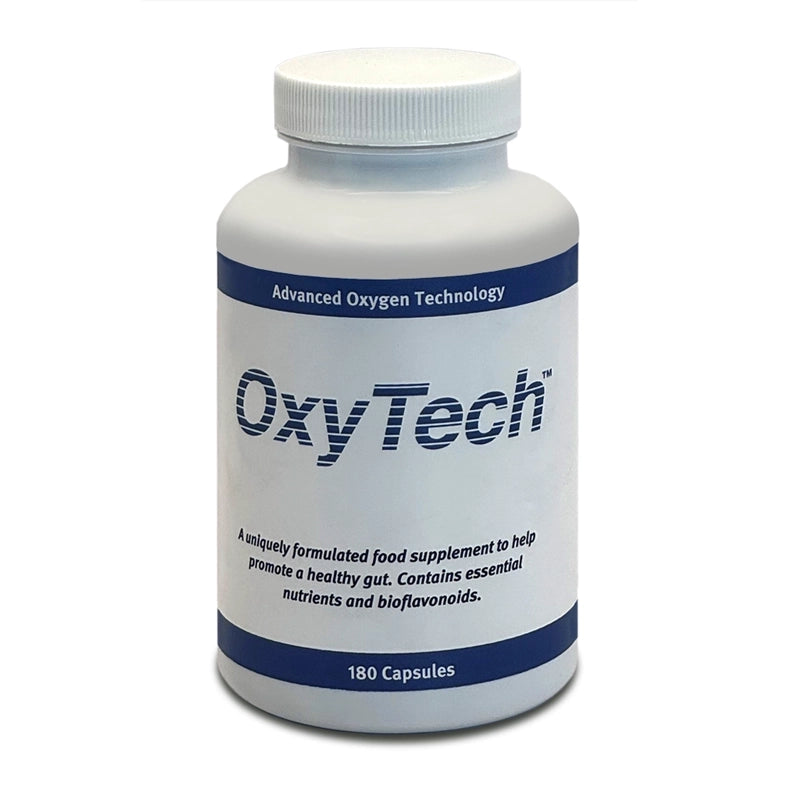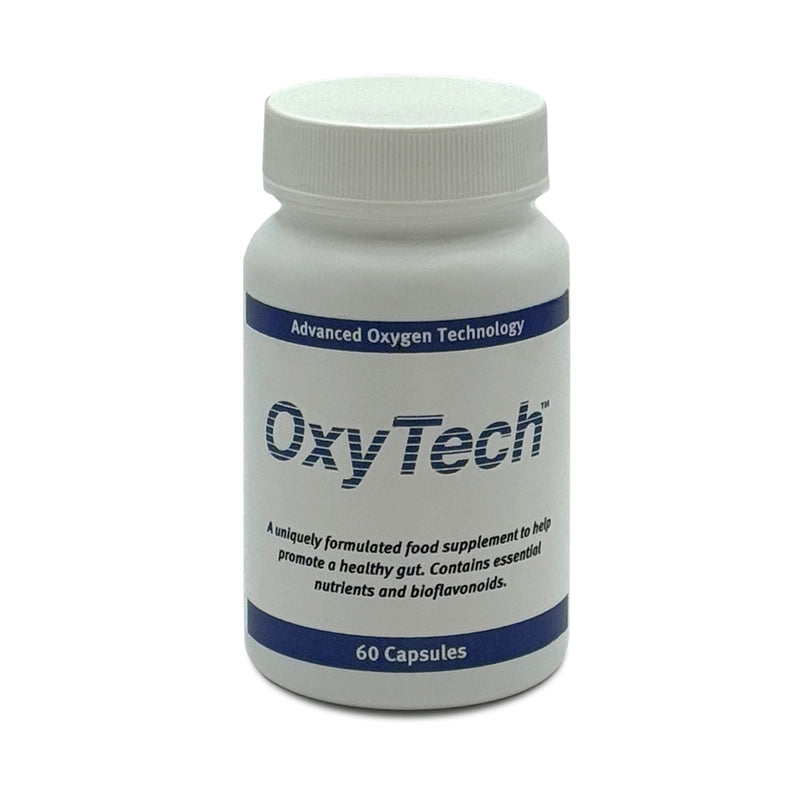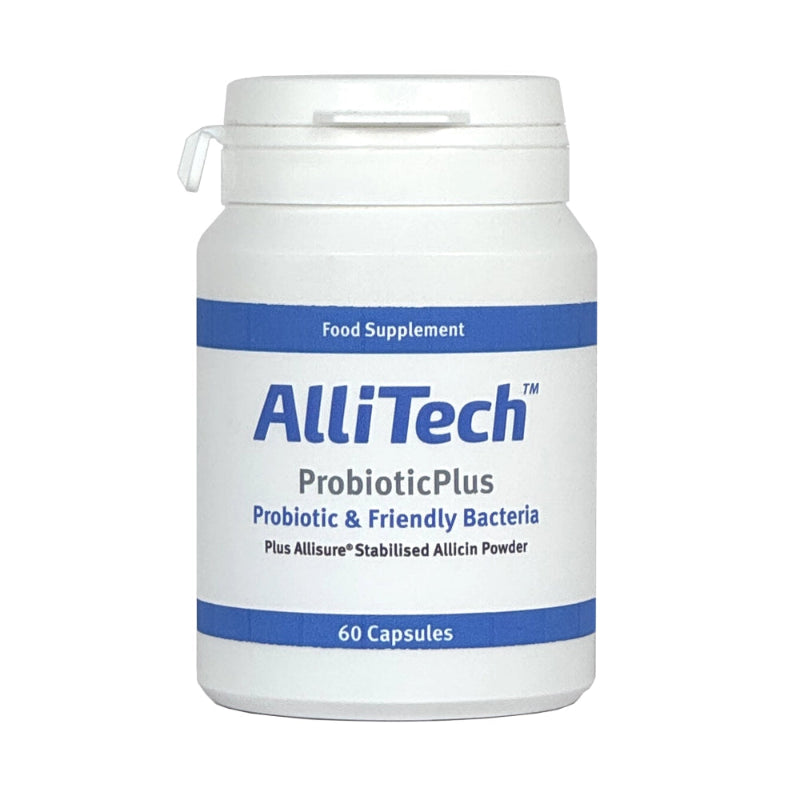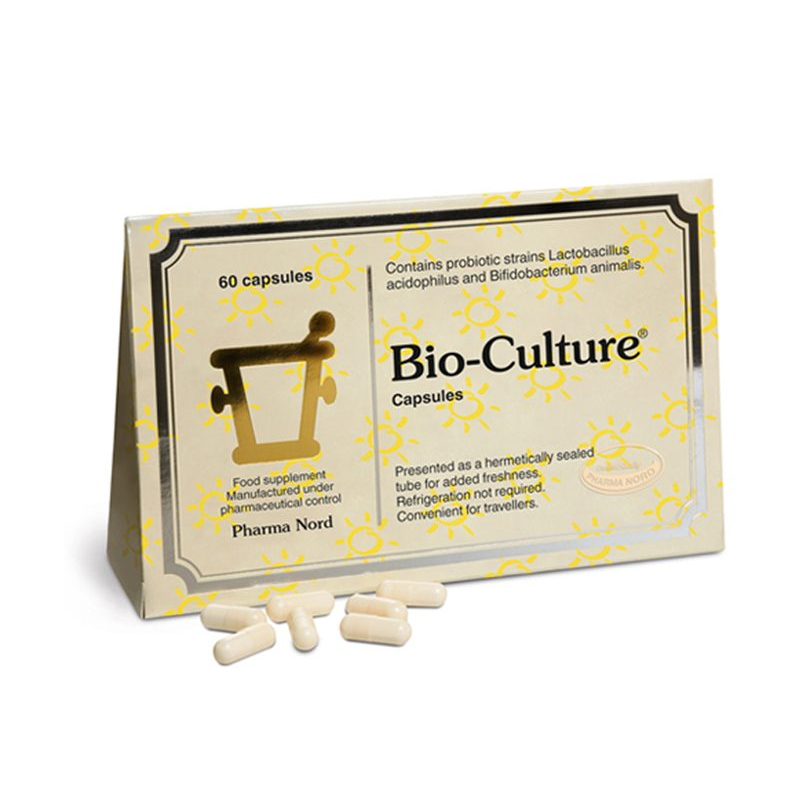Constipation is an uncomfortable and surprisingly common issue that affects people of all ages. Whether it’s occasional sluggishness after travel, changes in diet, or an ongoing digestive concern, the search for relief often leads people to pharmacy shelves stocked with over-the-counter laxatives. While these products can be effective, they sometimes come with side effects such as cramping or dependency, prompting many to seek gentler, more natural alternatives.
The good news is that nature provides a wide range of options that can help soften stools and support regular bowel movements without harsh irritation. From dietary adjustments and fibre-rich foods to oxygen-based supplements such as OxyTech, there are effective and safe solutions available for those who prefer a more holistic approach.
In this article, we’ll review some of the most effective natural stool softeners, comparing how they work, their benefits, and who they may be best suited for. By the end, you’ll have a clear picture of the natural remedies that can help promote comfort, regularity, and better digestive health.
The Role of Fibre

When it comes to natural stool softeners, fibre is often considered the cornerstone of digestive health. A diet rich in fibre not only supports regular bowel movements but also improves overall gut function. There are two main types of dietary fibre, and both play a crucial role in easing constipation in slightly different ways.
Soluble Fibre
Soluble fibre dissolves in water to form a soft, gel-like substance in the digestive tract. This process helps to soften the stool, making it easier and more comfortable to pass. It also slows digestion slightly, which can improve nutrient absorption and help regulate blood sugar levels.
Examples of foods rich in soluble fibre include:
- Oats
- Apples and pears
- Beans and peas
- Carrots
Insoluble Fibre
Insoluble fibre, on the other hand, does not dissolve in water. Instead, it adds bulk to the stool, helping it move more efficiently through the digestive system. By acting as a natural “brush” for the intestines, insoluble fibre helps to keep things moving and prevents sluggishness.
Examples of foods high in insoluble fibre include:
- Whole grains
- Nuts and seeds
- Skins of fruits and vegetables
Best Practices for Fibre Intake
While fibre is an excellent natural stool softener, it’s important to introduce it gradually. A sudden increase can lead to gas, bloating, and even worsen constipation if not balanced with enough fluids. The best approach is to slowly build up fibre intake while ensuring you drink plenty of water throughout the day. This combination allows fibre to work effectively, keeping stools soft and supporting a healthy digestive rhythm.
Hydration

One of the most overlooked yet most effective natural stool softeners is simply staying hydrated. Water plays a vital role in nearly every bodily function, including digestion. When the body has enough fluids, it keeps the stool soft and easier to pass. On the other hand, dehydration forces the body to pull water from the intestines, which results in hard, dry stools that are far more difficult to move through the colon.
Why Water Matters
The colon absorbs water as waste passes through it. If you’re not drinking enough, the colon will extract even more water from the stool, leading to constipation. Proper hydration ensures that stool retains enough moisture to remain soft, reducing discomfort and straining.
Ways to Stay Hydrated
While plain water should always be the foundation, hydration doesn’t have to come from water alone. A variety of fluids and foods can contribute to your daily intake, making it easier to stay consistent:
- Herbal teas such as chamomile, peppermint, or ginger provide fluids while also offering digestive benefits.
- Clear broths are hydrating, soothing, and replenishing, especially if you’ve been unwell.
- High-water-content foods like cucumbers, celery, oranges, and watermelon add both hydration and nutrients.
By making a conscious effort to drink fluids regularly and include water-rich foods in your diet, you create one of the simplest and most natural ways to keep your digestive system working smoothly.
Oils and Fats

Another natural way to soften stools and encourage regularity is through healthy oils and fats. These work as mild lubricant laxatives, helping the stool move more easily through the intestines by coating the digestive tract.
Olive Oil
Olive oil is one of the gentlest and most accessible natural options. Taking around a tablespoon of extra virgin olive oil on an empty stomach can help lubricate the intestinal walls and soften stool, making bowel movements smoother and less strained. In addition to its digestive benefits, olive oil also supports heart health and provides valuable antioxidants.
Castor Oil
Castor oil has a long history of use as both a stimulant and lubricant. It works quickly and powerfully, but because of its strong effects it should be used with caution. Overuse may lead to cramping, diarrhoea, or dependency, so it’s not recommended as a regular stool softener. Instead, it may be reserved for occasional short-term relief under guidance.
Omega-3 Oils
Oils rich in omega-3 fatty acids, such as flaxseed oil, chia seed oil, and fish oil, can also support digestive comfort. These oils help keep the intestines lubricated while contributing to overall gut and heart health. For many people, adding omega-3 oils into the diet not only helps with stool softness but also provides long-term anti-inflammatory benefits.
Incorporating these natural oils in moderation can be a gentle and effective way to keep the digestive system moving without harsh side effects.
Fruits and Juices

For generations, fruits have been trusted remedies for easing constipation, thanks to their natural combination of fibre, water content, and mild laxative compounds. Unlike harsher treatments, fruits work gently with the body and provide valuable vitamins and antioxidants alongside digestive support.
Prunes
Prunes are perhaps the most famous natural stool softener. Their effectiveness comes from a dual action:
- High fibre content adds bulk and softness to the stool.
- Sorbitol, a naturally occurring sugar alcohol, draws water into the colon, softening stool further and stimulating movement.
Whether eaten whole or consumed as prune juice, they are one of the most reliable natural remedies for constipation.
Kiwi
Kiwi fruit has gained recognition in recent years as a powerful digestive aid. It is rich in fibre but also contains actinidin, a unique enzyme that helps promote movement in the upper digestive tract. Studies have shown that eating kiwifruit daily can significantly improve bowel regularity in people with chronic constipation.
Berries and Apples
Berries (such as raspberries, blackberries, and blueberries) and apples are also excellent choices. They contain a mix of soluble and insoluble fibre, which softens stool while adding bulk to keep it moving through the intestines. Apples, particularly when eaten with the skin, provide pectin, a type of soluble fibre that supports gut health. The natural sugars in these fruits can also have a mild, natural laxative effect.
Incorporating these fruits into the daily diet not only helps maintain regularity but also supports overall health with their wide range of nutrients and antioxidants.
Seeds and Plant-Based Options

Certain seeds and plant-based supplements have earned a strong reputation as natural stool softeners. Rich in fibre, healthy fats, and gentle laxative properties, they can be an easy addition to daily meals or taken in supplement form for extra support.
Flaxseeds
Flaxseeds are a powerhouse of both soluble and insoluble fibre. The soluble fibre absorbs water to form a gel-like substance, softening stools, while the insoluble fibre adds bulk to keep things moving. Flaxseeds also contain omega-3 fatty acids, which can help lubricate the intestines. Ground flaxseed is often easier to digest than whole seeds and can be added to smoothies, porridge, or baked goods.
Chia Seeds
Like flaxseeds, chia seeds are rich in soluble fibre. When soaked in liquid, they form a gel that adds moisture to the stool and makes it easier to pass. Chia is also a versatile food, easily mixed into yoghurt, overnight oats, or even used as a thickener in recipes. Their high fibre content makes them an excellent natural option for supporting regularity.
Psyllium Husk
Psyllium husk is one of the most widely used plant-based fibre supplements. Derived from the husks of Plantago ovata seeds, it is particularly high in soluble fibre. Psyllium absorbs water and expands in the gut, softening stool while also encouraging bulk and movement. It is often the key ingredient in over-the-counter fibre supplements but can be used naturally in powder form when mixed with water or juice.
How to Use Them Safely
When introducing seeds and plant-based fibre supplements, it’s important to start gradually and drink plenty of water. Without adequate hydration, these fibres can have the opposite effect and make constipation worse. Used correctly, however, they are among the most effective and gentle natural stool softeners available.
Herbal and Mineral-Based Options

In addition to fibre, hydration, and fruits, several herbal and mineral-based remedies can also act as effective natural stool softeners. These options range from gentle, daily-use minerals to more potent herbal stimulants that are better suited for short-term relief.
Magnesium
Magnesium plays a key role in many bodily functions, including muscle relaxation and energy production. In the digestive system, certain forms of magnesium act as osmotic laxatives. They draw water into the intestines, which softens stool and makes it easier to pass.
You can boost your magnesium intake through foods such as leafy greens, nuts, seeds, and whole grains. Supplements like magnesium citrate are also commonly used for occasional constipation relief. However, dosage matters too, much magnesium can lead to diarrhoea, so it’s important to follow recommended guidelines or seek advice from a healthcare professional.
Senna
Senna is a well-known herbal laxative derived from the leaves and pods of the Senna plant. It works as a stimulant laxative, encouraging the intestinal muscles to contract and push stool along. While it can be very effective, senna should only be used for short-term relief due to its strength. Overuse may lead to side effects such as cramping, diarrhoea, or dependence, so it’s best kept as an occasional solution.
OxyTech
One unique option within this category is OxyTech, a colon conditioner developed by Dulwich Health. Unlike harsh laxatives, OxyTech is designed to work gently and effectively, combining magnesium with bonded oxygen and ozone. According to the product information, when OxyTech capsules are ingested, the bond between the magnesium and oxygen is broken in the stomach. This process releases oxygen into the blood, lymph, and cellular fluids, while the magnesium helps break down faecal matter in the colon into smaller pieces, making it easier to eliminate.
Customers report a wide range of benefits, particularly for digestive comfort and regularity. Testimonials describe improvements in issues such as constipation, bloating, candida, and general gut health. Many highlight that OxyTech has helped when other remedies failed, noting increased energy and relief from long-term digestive discomfort. For example:
- “I have been constipated for years. Everything I tried before stopped working after a while. OxyTech keeps on working.”
- “My stomach bloating stopped as soon as I started taking OxyTech.”
- “Taking OxyTech has transformed my IBS. I am never without it.”
OxyTech’s key claim is that it supports the colon naturally, without the harsh irritation or dependency sometimes associated with conventional laxatives. With its combination of oxygen release and magnesium action, it provides a distinct approach to stool softening that many users find both effective and gentle.
Probiotics and Gut Health

A healthy digestive system is not just about fibre and fluids, it also relies heavily on the balance of bacteria living in the gut. Collectively known as the gut microbiome, these microorganisms play a vital role in digestion, nutrient absorption, and bowel regularity. When the microbiome is balanced, stools tend to be softer, easier to pass, and more consistent.
Probiotic Foods
One way to support gut health naturally is by adding probiotic-rich foods to your diet. These foods contain live beneficial bacteria that help replenish and maintain a balanced microbiome. Examples include:
- Yogurt with live cultures
- Kefir, a fermented milk drink rich in diverse strains of probiotics
- Kimchi and sauerkraut, fermented vegetables that also supply fibre
- Miso and tempeh, plant-based sources of probiotics popular in Asian diets
Why Probiotics Help
Probiotics improve stool consistency by promoting better digestion and keeping the intestinal environment balanced. They can reduce bloating, help break down fibre more effectively, and ensure that stool retains enough water content to remain soft. Over time, a well-nourished microbiome supports not only regular bowel movements but also broader digestive comfort and resilience.
By consistently including probiotic foods in your diet or taking a high-quality probiotic supplement if needed, you can strengthen your digestive system and reduce the likelihood of constipation.
Lifestyle Factors

While diet plays a central role in maintaining soft, regular stools, lifestyle habits can be just as important. Two key factors, exercise and stress management have a direct influence on digestive health and should not be overlooked.
Exercise
Regular physical activity helps to stimulate the muscles in the digestive system, encouraging stool to move more efficiently through the intestines. Even light to moderate exercise, such as walking, yoga, or cycling, can support bowel regularity. For many people, simply avoiding long periods of inactivity makes a noticeable difference in preventing constipation.
Stress Management
The gut and brain are closely connected, and stress can have a significant impact on bowel function. High stress levels may slow digestion, trigger discomfort, or even contribute to conditions like irritable bowel syndrome (IBS). Incorporating stress-relieving practices such as meditation, deep breathing, or gentle stretching can improve both mental wellbeing and digestive balance.
By combining mindful lifestyle habits with a fibre-rich diet, hydration, and other natural stool softeners, you create a holistic approach to supporting long-term digestive health.
Frequently Asked Questions
1. How long does it take for a natural stool softener to work?
This varies depending on the type of natural stool softener:
- Fibre-rich foods may take a few days to show results, as they work gradually by bulking up and softening the stool.
- Osmotic remedies like magnesium often work within a few hours, drawing water into the colon to ease stool passage.
- Stimulant laxatives such as senna or castor oil are faster-acting, usually producing a bowel movement within 6 to 12 hours.
2. Are natural stool softeners safe for long-term use?
Most natural approaches such as a fibre-rich diet, hydration, and probiotics are not only safe but also beneficial for long-term digestive health. However, stimulant laxatives (even natural ones like senna) should be used sparingly, as overuse can lead to dependency and reduced bowel function. For supplements, options like OxyTech are marketed as gentle enough for ongoing digestive support, but it’s always best to consult a healthcare professional before relying on any one product long term.
3. Can I use natural stool softeners to treat chronic constipation?
Yes, natural stool softeners can be part of an effective strategy for chronic constipation. The best long-term results usually come from a combination of:
- Increased dietary fibre
- Adequate hydration
- Regular physical activity
Some natural aids like magnesium or oxygen-based supplements (e.g. OxyTech) may provide additional relief, but addressing lifestyle and diet is key. Chronic constipation should always be discussed with a healthcare professional to rule out underlying conditions.
4. What are the potential side effects of natural stool softeners?
Even natural remedies can have side effects:
- Bloating and gas may occur if fibre intake is increased too quickly without enough fluids.
- Cramping or diarrhoea is more common with stimulant laxatives like senna.
- Electrolyte imbalance can happen with the overuse of certain osmotic or stimulant laxatives.
Most people tolerate natural stool softeners well, but moderation and gradual introduction are important.
5. How do I know which natural stool softener is right for me?
The best option depends on your needs:
- For general maintenance, focus on fibre and hydration.
- For occasional constipation, remedies like prunes or magnesium citrate may help.
- For short-term relief of more severe episodes, stimulant herbs like senna can be effective, but should not be used regularly.
- For those seeking a specialised formula, supplements such as OxyTech offer a combined approach, magnesium softens stools while oxygen helps cleanse the colon gently.
Start with the simplest and gentlest methods first, and seek professional guidance if constipation is frequent or severe.
Natural Stool Softeners Compared
Natural Stool Softeners at a Glance
Quick comparison of how options work, expected speed, best use cases, and cautions.
| Option | How it works | Speed | Best for | Cautions |
|---|---|---|---|---|
|
Fibre (soluble and insoluble) Oats, apples, pears, whole grains |
Bulks and softens stool. Soluble forms a gel. Insoluble adds bulk to move things along. | Gradual: days | Daily maintenance, ongoing prevention | Needs good hydration |
|
Hydration Water, herbal teas, broths, high-water foods |
Keeps stool moist so it passes more easily. | Gradual | Everyone, safe long term | Consistency matters |
|
Fruits Prunes, kiwi, berries, apples |
Fibre plus sorbitol or enzymes that support motility and stool softness. | Moderate | Gentle, food-first approach | Too much may cause gas |
|
Seeds and plant fibres Flax, chia, psyllium husk |
Gel-forming soluble fibre softens stool; bulk supports movement. | Moderate | Regularity and prevention | Must drink plenty of water |
|
Oils Olive, omega-3, castor |
Lubricate intestinal lining for smoother passage. | Moderate | Occasional constipation | Castor oil is very strong. Not for regular use. |
|
Magnesium Magnesium citrate, rich foods |
Osmotic effect draws water into the colon to soften stool. | Fast: hours | Occasional relief | Excess may cause diarrhoea |
|
Senna Herbal stimulant |
Stimulates intestinal contractions to move stool along. | Fast: 6–12 hrs | Short-term relief | Not for long-term use |
|
OxyTech Magnesium + oxygen-based colon conditioner |
Releases oxygen while magnesium helps break down waste, supporting gentle stool softening and cleansing. | Moderate to fast | Gentle ongoing support and digestive comfort | Follow label. Seek advice for chronic issues. |
Recommendations
Constipation is a common problem, but it doesn’t have to be managed with harsh or habit-forming laxatives. Nature offers a wide range of safe, effective, and gentle stool softeners, from fibre-rich foods and hydrating habits to seeds, oils, and probiotics. Each option works in its own way, and the best results often come from a combination of dietary changes, lifestyle adjustments, and targeted natural supplements.
For those looking for a gentle yet effective supplement, OxyTech stands out as a unique option. Unlike traditional laxatives that can irritate or force the bowels, OxyTech works by releasing oxygen into the system and using magnesium to break down waste matter, softening stools naturally. Many users report relief from long-term constipation, bloating, and other digestive concerns, often noting increased energy and overall gut health. Its ability to act without the harsh side effects associated with stimulant laxatives makes it a valuable choice for those seeking long-term digestive support.
That said, OxyTech is just one of many natural tools available. Building a foundation of soluble and insoluble fibre, staying well hydrated, incorporating probiotic-rich foods, and maintaining a healthy lifestyle with exercise and stress management are all key to lasting digestive comfort. For extra support, adding options such as flaxseed, chia, or magnesium-rich foods can make the difference between occasional relief and sustained regularity.
Ultimately, the most effective natural stool softener will depend on individual needs and preferences. By experimenting with these approaches and seeking guidance from a healthcare professional when needed, you can find the right balance to support a healthy, regular, and comfortable digestive system.





